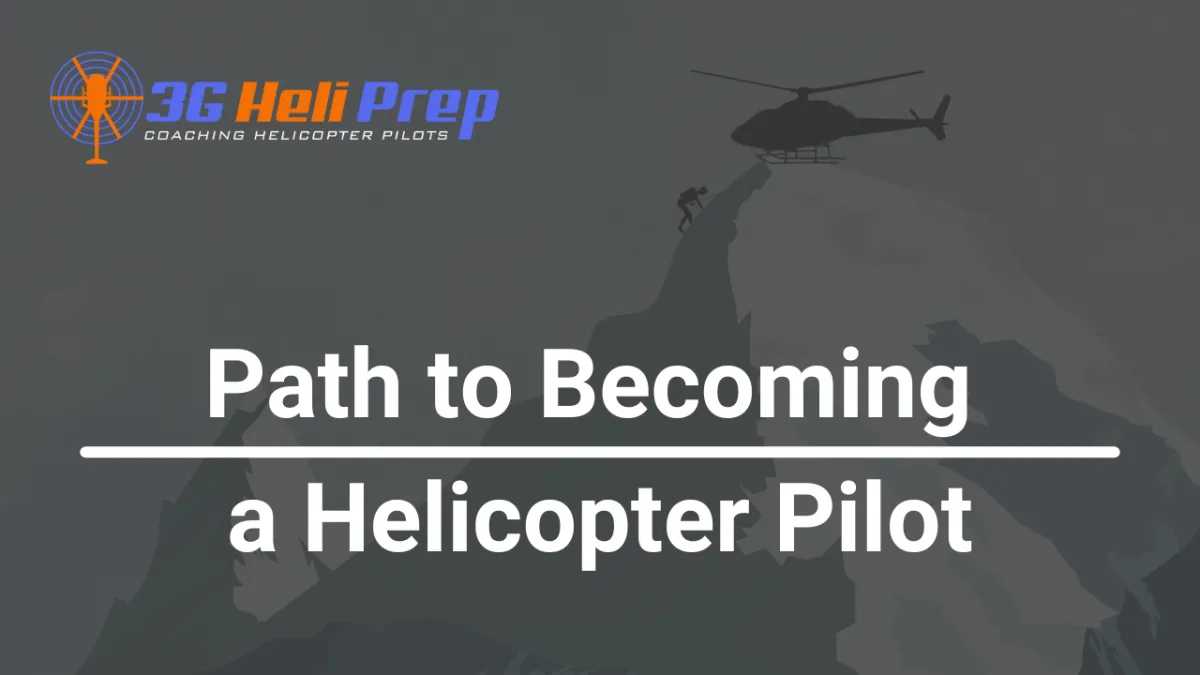
The Path to Becoming a Helicopter Pilot: Challenges and Opportunities
The Path to Becoming a Helicopter Pilot: Challenges and Opportunities
Embarking on a career as a helicopter pilot is a dream shared by many. The thrill of soaring above the earth and the freedom of the open skies are enticing prospects. However, breaking into the world of helicopter aviation can be both challenging and rewarding. In this blog post, we'll explore the journey from novice to certified pilot, highlighting the hurdles and opportunities along the way.
The Demand for Experience:
One of the most common frustrations for aspiring helicopter pilots is the lack of demand for low-time, entry-level aviators. If you're fresh out of flight school with just a hundred hours under your belt, finding your first job can be tough. The aviation industry has evolved, and jobs that were once accessible to new pilots now often require 1000+ hours of experience.
But don't lose hope! The situation improves dramatically when you reach around 2000 flight hours, especially if you can perform long-line operations. At this point, you'll notice more opportunities opening up, and you'll be well on your way to building your career in the skies.
The Road to That First Job:
The key challenge for many new pilots is landing that elusive first job. It's a game of luck, timing, and networking. Once you've secured that initial position and find yourself in a location where a 100-hour pilot can log significant flight hours, your career can take off. By the time you reach around 500 flight hours, your prospects will improve significantly.
The International Aspect:
As for international work, it's essential to understand that your helicopter pilot's license isn't universally recognized. To work abroad, you'll typically need to obtain a local license and secure the right to work in your chosen country. Europe, for instance, presents both challenges and opportunities. The European license is more complex to attain, and the job market can be competitive. Even if you hold dual citizenship, you might need to accumulate work experience in Canada before considering opportunities overseas.
If international work is your goal, consider obtaining an FAA license alongside your Canadian certification. This can be advantageous since many helicopters registered in the U.S. operate in various countries, including Canada. Keep in mind that international work often involves contract-based positions with unique schedules, such as 6 weeks on and 6 weeks off.
Conclusion:
While the journey to becoming a helicopter pilot may have its challenges, the rewards are undeniably worth the effort. The aviation industry is currently experiencing one of its most promising periods, with opportunities for pilots at various stages of their careers. So, if your heart yearns for the skies and the thrill of flight, take that leap of faith. The path to becoming a certified helicopter pilot is both an adventure and an achievement, and it's waiting for you to explore.
3G Heli Prep Copyright 2024. All Rights Reserved



